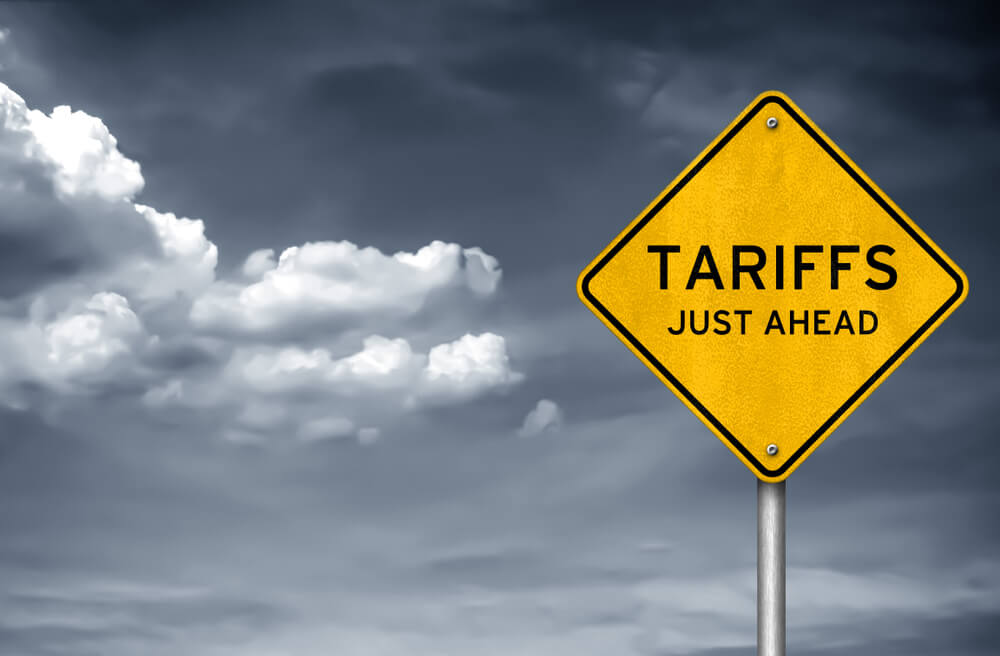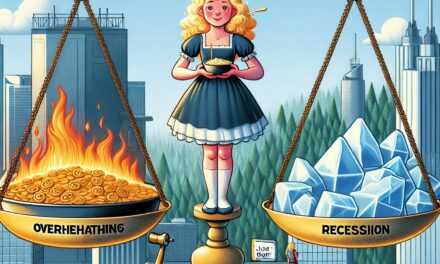President Donald Trump made ending the disproportionate trade imbalances and deficits the U.S. faces around the world a major priority during his campaign, and he’s followed through with some major victories for America, including a re-write of NAFTA.
But there is a growing chorus of negativity surrounding the tariffs, and people from his own party are saying the tariffs are hurting American consumers and businesses now, and it will only get worse.
Just last week, Senate Majority Leader Mitch McConnell, R-Ky., called on Trump to resolve the ongoing disputes with China and other countries before the “red-hot” economy is smothered.
“The tariffs are beginning to have some impact in a negative way so I hope that we make some progress quickly on some of these other fronts, in particular with China,” McConnell told the roundtable discussion with Reuters journalists, though he said of the overall U.S. economy: “I think it’s red hot.”
Of course, McConnell said the tariffs will be worth it — if — things work out.
“If the end result of this is better trading relationships with all of these countries, particularly if it happens sooner rather than later, I think it would be great,” McConnell said.
Neil Baron wrote in an opinion piece for conservative outlet The Hill on Thursday that Trump’s tariffs are hurting America.
Per The Hill:
Trump’s tariffs have increased the cost of imported components and put pressure on corporate profit margins likely to lead to job loss, weaker wage growth and lower consumer spending (which accounts for 72 percent of GDP.) Many sectors suffer from dropping sales, and China is adjusting by replacing US imports with goods from other countries.
Manufacturers in many Federal Reserve districts report higher prices, supply chain disruptions and shrinking margins attributable to Trump’s trade policies. Tariffs are also hurting businesses and job growth, causing job loss, and incentivizing companies to move production offshore.
The real kicker, Baron claims, is that tariffs against China could end up changing global trade forever because China has found new partners to get goods they once got from the U.S.
China’s retaliatory tariffs on United States’ pork have cut U.S. sales to China from 460,000 metric tons in 2016 to 170,000 through August of this year. The USDA reported the biggest weekly drop in net pork sales since October 2016. Chinese buyers have found companies in Europe and South America to replace sales from the U.S. There’s reason to worry this is not a short-term aberration but a long-term change in the global market for one of the world’s largest commodities.
China also found suppliers in Canada and Brazil for soy beans it used to buy from U.S. farmers. Two thousand U.S. pecan growers saw their sales hit by Chinese retaliatory tariffs.
Baron says the tariffs aren’t hurting China enough for them to capitulate and bend to Trump’s will, and it isn’t shrinking our trade deficit with Beijing, which ballooned to a record $34.1 billion in September, up from $31.05 billion in August.
The negative impact on China’s growth may range from 2 percent to 3.4 percent of exports, and 0.3 percent to 0.5 percent of nominal GDP. Chinese companies are shifting production to countries like Vietnam, Serbia and Mexico to avoid U.S. tariffs.
Trump of course defends the tariffs as a necessary evil, even downplaying them in a recent Wall Street Journal interview.
“Where do we have tariffs? We don’t have tariffs anywhere,” Mr. Trump said when asked about the risks tariffs pose to the economy. “You know what happens? A business that’s doing badly always likes to blame Trump and the tariffs, because it’s a good excuse for some incompetent guy that’s making $25 million a year.”
He then went on to say the tariffs he just said “we don’t have” helped seal the deal for his NAFTA revamp.
“I could never have done it without tariffs,” he said of the U.S.-Mexico-Canada Agreement, the revised Nafta deal that the three nations reached earlier this month, but which requires approval from Congress.
So what do you think, are people over-reacting regarding the tariffs? Does Trump just need more time, or did he overplay his hand regarding China? Share your thoughts below.




